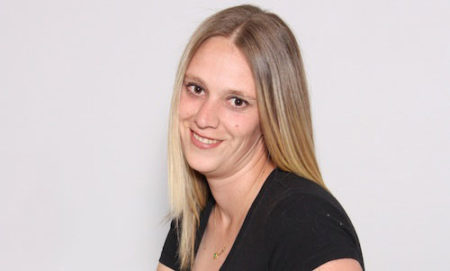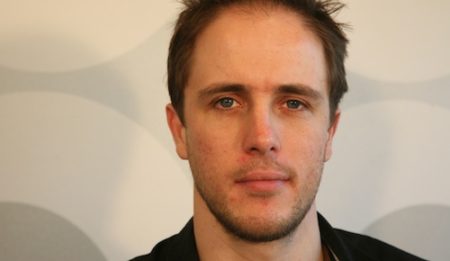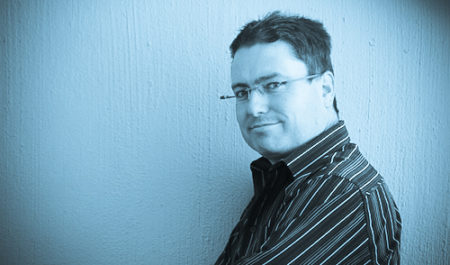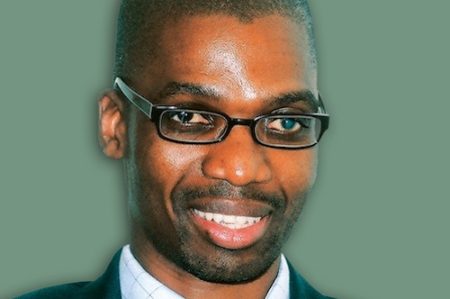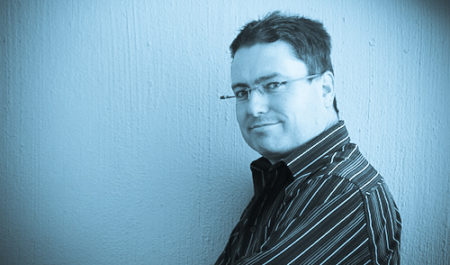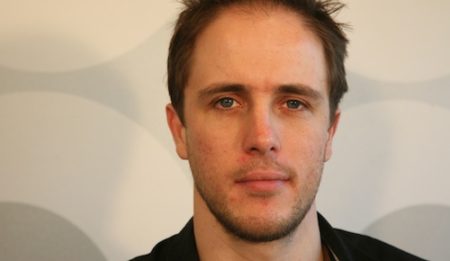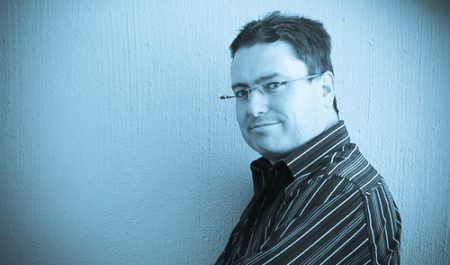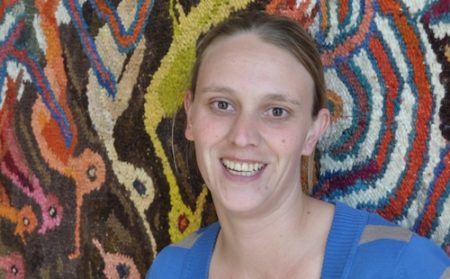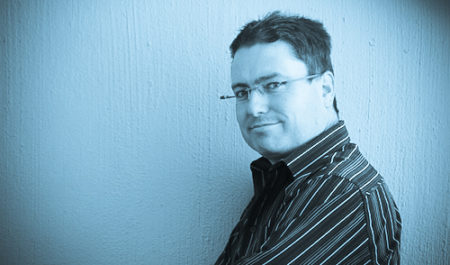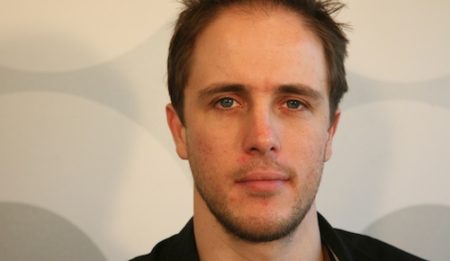The news that Cell C is signing a deal with international energy-drinks company Red Bull to bring a second virtual mobile network operator (MVNO) to SA may have struck some as peculiar and too ambitious
Browsing: Opinion
There was a lot of excitement in the technology press last week when it emerged that, after half a decade of debate and investigation, cabinet had finally chosen a standard for digital terrestrial television
Government’s special rights in Telkom expire in six weeks’ time. It must avoid the temptation to install a puppet to lead the group. Facing a growing list of challenges, Telkom needs to hire a CEO who can
The job of a regulator is never easy. It involves delicately balancing often divergent interests. There is no better illustration of this than the recently published call termination regulations, and the media reports that followed
Imagine the next time you’re standing at a checkout point at the supermarket. Imagine paying for your groceries simply by bringing your mobile phone next to a payment terminal and having the money debited
It’s like a plot out of a spy novel or the lost Stieg Larsson book: a powerful government issues a secret subpoena to an Internet service for access to private information, so that it can pursue a case against foreign nationals for leaking embarrassing
While other mainstream media have undergone radical change due to the Internet, television has remained relatively immune to its influences — until now
The Independent Communications Authority of SA (Icasa) is taking a bold gamble in its efforts to unbundle the local loop, the last mile of Telkom’s copper cables that connect consumers
At its last meeting of 2010, on 15 December, cabinet decided SA would adopt the second generation of the European standard for digital terrestrial television. This should have ended many months of often-rancorous debate. Except there’s a problem
We’re pretty used to hearing outlandish valuations on Internet companies that, if they were people, would be barely out of nappies. It happened during the first dot-com boom, and it’s happening again now. But news that Facebook is


